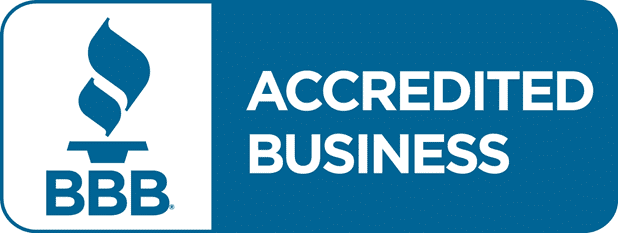Every time a lender or collection agency submits information about one of your credit accounts, your credit score may change. This data may include details about a payment, your balance, the age of your accounts (which changes daily), your most recent credit applications, and the types of credit accounts you open.
Your score is also affected by how much you owe on each debt, both in terms of money and percentage of available credit. Your credit utilization ratio on revolving credit accounts (credit cards) refers to how much you owe in relation to your credit limit.
A credit score is a quantitative indicator of how likely you are to make your debt payments. It is based on an instantaneous snapshot of your credit relationship at the time your credit score is computed. There are numerous credit scoring companies that can produce scores for you, but the majority of the credit scores we encounter range from 300 to 850 and are based on FICO or VantageScore algorithms.
What Factors Determine Your Credit Score?
Credit reports, which are kept up to date by credit reporting agencies, are the foundation of credit scores. Experian, Equifax, and TransUnion are the three most well-known credit reporting organizations. These organizations gather information about you from a variety of sources to create your credit history. Sources include lending institutions and credit card companies that have given you credit, as well as debt collectors and other businesses where you have past-due accounts.
Additionally, public records are sources. Your credit score may be affected by a court decision against you, bankruptcy, or eviction.
The Frequency of Credit Score Changes
Every time a new piece of information is added to your credit report, your credit score changes. One monthly report is the norm for many creditors.
Let’s say you only have one credit card. When your card issuer reports your payment and your credit utilization ratio, your score could change.
Remember that your credit score is affected by the passage of time. Even without financial information, if you have a credit card that you hardly ever use, your credit score will probably change as the account gets older.
Credit Reports Might Not be Updated Instantly.
When you take an action that impacts your credit score, it may take some time for the lender or other furnisher to report that information to the credit bureaus. The same creditor frequently gives the same information about you to different credit bureaus on different dates. There are times when those dates are weeks apart.
Don’t think that making a payment one day will cause it to appear on your report the next. It might take place. However, it’s more likely to show up a few days or weeks later. Don’t worry! It will generally turn up in the end.
The “Date Updated” line, which can be found on each entry on your credit reports, can be checked if this bothers you. You can get a general idea of how long it takes a specific creditor to report an action to each bureau by comparing that to the date of your payment. However, there is no assurance that the schedule won’t change.
How Often Can You Check Your Updated Credit Score?
To keep track of it, check your credit score once a month or every few months. There is no point in checking more frequently because free credit score sources typically don’t update more frequently than once per month. Paid sources of credit scores could change whenever your data does.
Sources for checking your credit score
Credit card statements
Your most recent credit score is now typically displayed on credit card statements. And that is usually sufficient to monitor the situation. Just keep in mind that various card issuers rely on various credit bureaus and scoring methodologies. With a Wells Fargo card, for instance, you might be able to see your Experian FICO score. But you may see your VantageScore from TransUnion on your Amex statement.
Free score providers
You may want to pay more aention to your score than usual if you’re applying for a major new loan, such as a mortgage, large auto loan, or personal loan. Additionally, you might want to register for free credit score monitoring from companies like:
1. Credit Sesame
2. Mint
3. Credit Karma
4. CreditWise from Capital One
5. Equifax
6. Experian
You can find out what credit score neighborhood you’re in by checking your credit with two or three
different agencies.
Paid-for monitoring
You can pay a fee to view results from all three bureaus through:
● Access is unrestricted with the continuing monitoring service Equifax Complete Premier (available only for VantageScore).
● This offers one-time access for less money than the unlimited plan for Experian 3-Bureau Credit Report and FICO Scores.
● For a fee, TransUnion provides unlimited access to your TransUnion score. Credit counselors might be able to provide you with your credit score
How Often Should You Check Your Credit Report?
The following advice applies only to those reading this after Dec. 31, 2023. Until then, according to the Federal Trade Commission, you can request at no charge new copies of your credit reports each week.
Free annual credit reports
Each of the major credit bureaus must provide you with one free report per year as required by law. You have the option of ordering them all at once or spaced out to one every four months. If you time your requests in this manner, you’ll be able to benefit from free annual credit reports while staying more frequently informed of changes.
You should only get your reports from annualcreditreport.com. These credit bureaus jointly own that website so they can carry out their legal obligation. It is the only website that has the legal authority to provide you with your free credit reports.
How Often Does Your Credit Score Update?

Facebook
Twitter
LinkedIn
Pinterest




